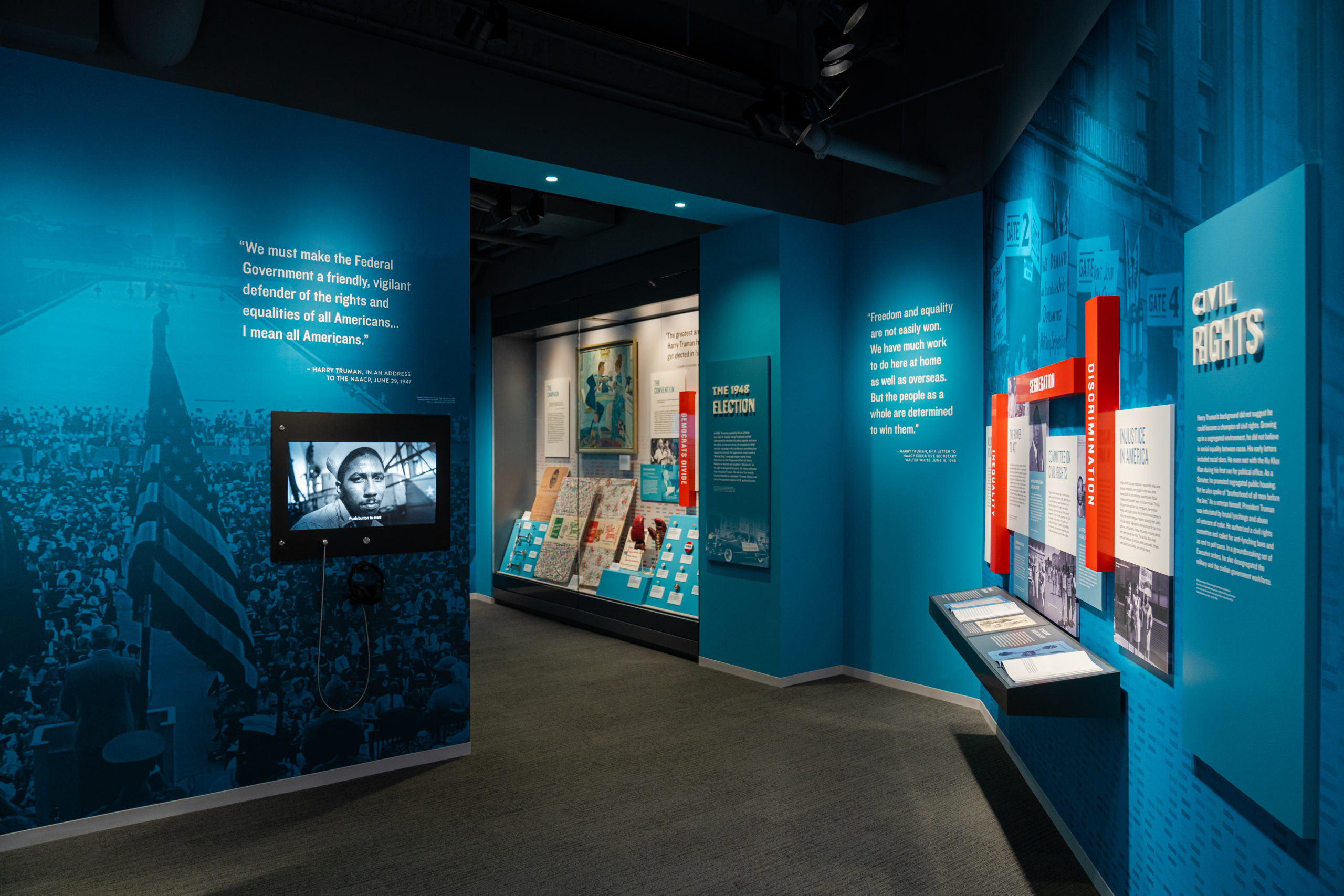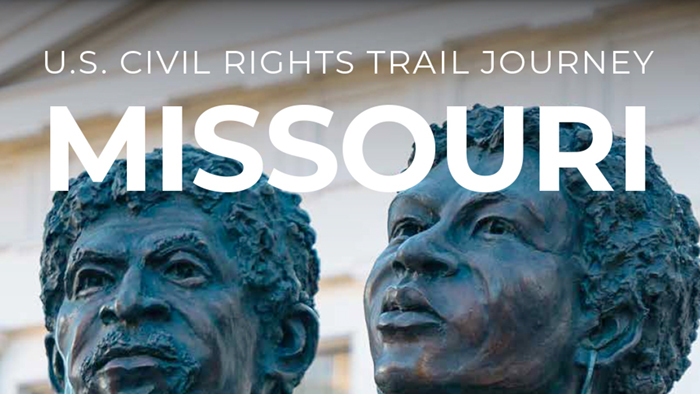The First Step in a Long Journey
The Harry S. Truman Presidential Library and Museum in President Truman’s hometown of Independence serves as a living memorial to his life and our nation’s first political strides toward equality. Truman’s legacy was paved by many pivotal decisions related to the United States’ role in World War II, one of those decisions being the executive order that desegregated the armed forces in 1948.
The order stated, “It is hereby declared to be the policy of the president that there shall be equality of treatment and opportunity for all persons in the armed services without regard to race, color, religion or national origin.” The order also established the President’s Committee on Equality of Treatment and Opportunity in the Armed Services.
Twenty years later, the push for racial equality continued. Not far from Independence, in Kansas City – as in many other American cities – riots and civil discord arose in the wake of the assassination of Dr. Martin Luther King Jr. Gunshots rang out, local businesses were vandalized and burned, and over 300 arrests were made. Over 1,700 National Guard troops were brought in to assist 700 policemen in shutting down the riot. By the end of the two-day protest, seven Black citizens had lost their lives and a three-block section of town lay in ruins. After this tragedy, city councilmen reformed housing ordinances to end racial discrimination in housing sales and rentals, addressing a longtime issue of inequality.

























